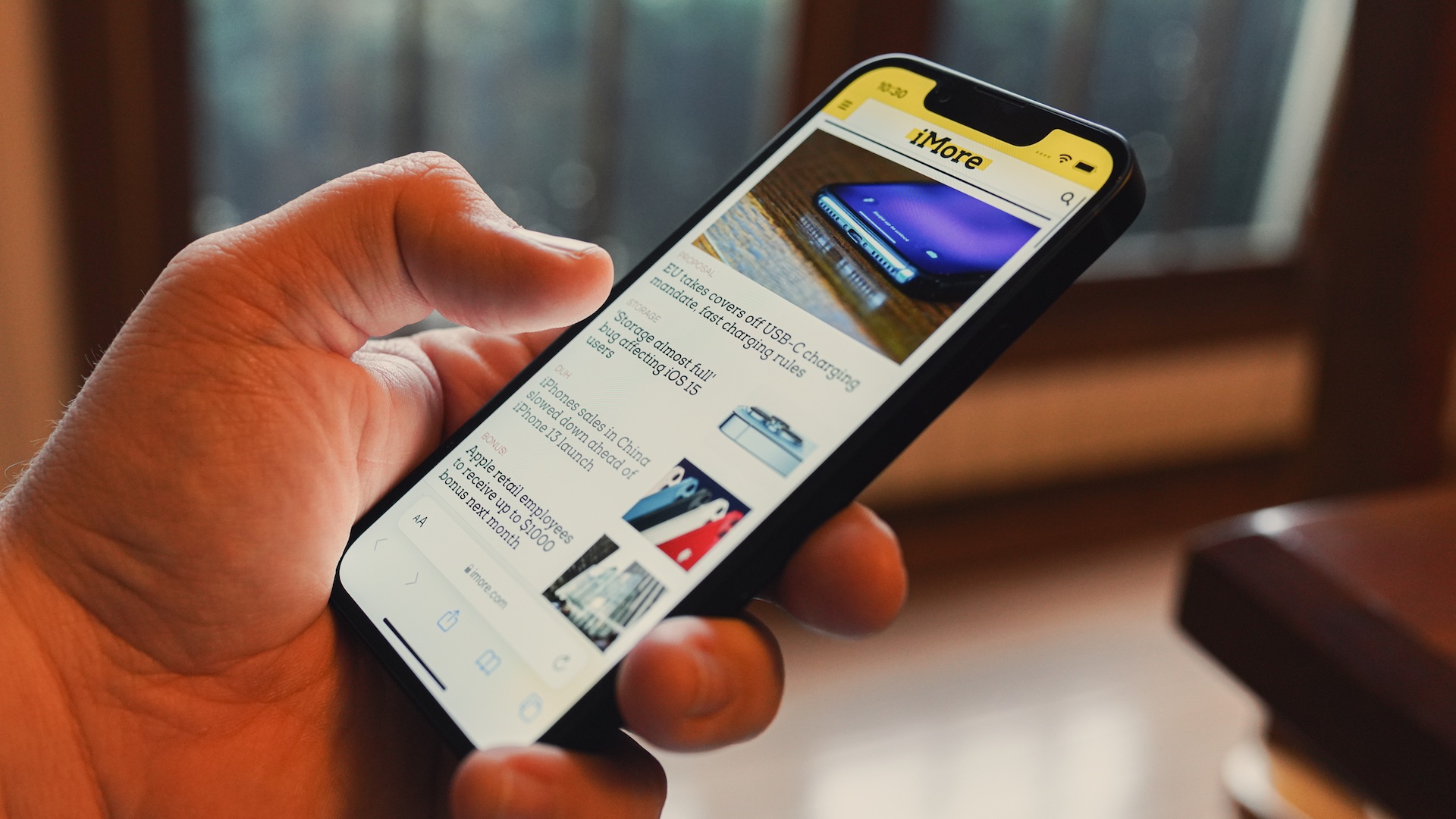
Mobile browser developer Brave is already seeing the benefits of new tools that give iOS users a choice of default browser in the EU after recording an uptick in downloads in the wake of the changes.
Now that the EU’s Digital Markets Act has come into force, Apple has rolled out a new browser choice screen in iOS 17.4. Upon downloading the update, every iOS user in the EU is presented with a new screen that requires them to choose a default browser, which controls which app opens when you click on a website link. It’s one of several changes the EU is forcing upon “gatekeepers” in the bloc, which it believes will open up users to more options when it comes to using mobile browsers, search engines, operating systems, and app marketplaces.
This week, Brave Software praised the changes. A post shared to the company’s social media account reads: “Why did Apple and Google make it hard to switch default browsers for so many years? Because it's a powerful way to block competitors.”
Users experiment with Brave
Why did Apple and Google make it hard to switch default browsers for so many years?Because it's a powerful way to block competitors.Just look at what happened to Brave installs on iPhone in the EU when Apple rolled out a new default browser choice screen on March 6th: pic.twitter.com/Wefz4mCHGiMarch 12, 2024
Data published by Brave shows a clear uptick in downloads of its browser in the wake of the default browser screen rollout on March 6. From Jan 15 through March 5, Brave recorded daily downloads in the EU of between 7,000 and 8,000 per day. Between March 6, and March 9, that number rose to 11,000. As a Browser, Brave purports to be a “faster,” “private,” browser with fewer ads. It also comes with a built-in AI assistant, firewall, and a VPN.
“As you can see, when consumers get a clear choice of iOS browsers, they're choosing alternatives to Safari,” continued Brave, before having a quick jibe at Google: “Maybe that's why Google still hasn't implemented a browser choice screen on Android… It’s time to give users an easy choice of browsers, Google.”
Brave didn’t share any data beyond the three days following the shift, so it is unclear whether daily downloads since have continued to rise, have leveled off, or have fallen. As Brave notes, Apple shows a randomized list of the 11 most popular browsers in that respective EU country, alongside Safari.
It’s interesting to note that at least some users seem to be opting to try new default browsers despite the relatively limited information available when making the pick. All users see is the name, developer title, and app icon of any given browser. As we noted last week, figures published ahead of the changes reveal that 49% of mobile users surveyed had never changed their default browser and that 20% didn’t know the option to do so existed. Nearly all of the best iPhone apps you can download come from third parties, rather than Apple, and the EU is intent on ensuring those are easier to find going forward.







